“Ώσπερ ην τούτο το κλάσμα διεσκορπισμένον επάνω των ορέων και συναχθέν έν, ούτω συναχθήτω Σου η Εκκλησία από των περάτων της γης εις την Βασιλείαν σου.- Ήταν σιτάρι, σπαρμένο σε βουνό και σε φαράγγια.- Θερίστηκε, αλέστηκε, ζυμώθηκε, έγινε ψωμί.Το ευλογήσαμε και αγιάσθηκε και έγινε σώμα Χριστού.Και εμείς Κύριε, σκορπισμένοι είμαστε. Σε (βουνά) και σε (φαράγγια)!Μάζεψέ μας κοντά Σου, Κύριε. 'Αλεσέ μας. Κάνε μας Ψωμί. Κάνε μας όλους μας ένα μέσα στην Εκκλησία σου και αγίασέ μας. Πάρε μας στη Βασιλεία Σου!(Διδαχή των Δώδεκα Αποστόλων κεφάλαιο. 9,4. (www.pigizois.gr))
-It was wheat, sown on mountains and ravines.
-It was harvested, milled, kneaded, turned into bread.
We blessed it and it was sanctified and became the body of Christ.
We, too, are scattered, Lord. On “mountains” and “ravines”. Gather us round you, Lord. Pound us. Turn us into bread. Make us all one in Your Church and sanctify us. Take us to Your Kingdom.
(From 12 Apostles, chapter 9,4, found in www.pigizois.gr))
Change
I love bread. Bread is rarely the protagonist of a meal. It will be there, next to your plate, as a nourishing accompaniment, as a tool to help you eat your food with. Bread is humble, yet essential, at the heart of the Holy Communion, the essential moment of “changing…by Thy Holy Spirit”.
We don’t always welcome change in our life, we often resent it or resist it, even though it is unavoidable. I read somewhere that sin is surprisingly conservative; it means refusing to grow; to change.
Bread possesses a changing nature: from seed to plant, from wheat to flour, from flour to dough, from dough to bread, from bread to nourishment, from nourishment to life, from every day common commodity to prosforo, from prosforo to the Body of Christ. Humble bread turns to Holy Bread; it turns into a bridge between heaven and earth. Christ offers us His Holy Body. Man takes a part of creation and changes it, through his labour, then offers it back to the Creator, “Thy own of Thine own we offer Thee” (I also read recently (The Apples of the Cook, p.18) that in the old times people called the prosforo “Panagia”, Mother of God, humanity’s “offer” to God, which, among other things, made me think that the word prosforo comes from the word prosfero= to offer).
As a child, I was blessed to have the chance to play out, in the fields that, in the early summer, turned into a green sea of wheat. We’d roll and hide and chew the milky, unripe seeds. Unbaked bread dough was one of my first toys, a primitive form of Playdough, that nourished my soul with the joy of playing and my mind with the joy of imagining and creating, before another piece of the same dough would turn into the fragrant loaf that would nourish my body.
As an adult, I was blessed to have the chance to bake loaves that would later be transformed by the Holy Spirit into the Body of Christ.
Maybe this is one of the reasons why I was so touched by the above quotation. It made me feel good to think that, as my father on earth is a baker, as my spiritual father is a baker for our church needs (the first prosforo I got from his hands filled the entire house with fragrance for days), my Father in Heaven is a Baker, too. It made me wonder, will I be as humble as an ear of wheat, that bows its head when full and ripe, and let Him take me, break me, knead me, turn me into a fragrant, useful, nourishing loaf? It made me think that we are all indeed, like the scattered grains of wheat, that can drift off with the wind, unless we let His hands harvest us, from our mountains of problems and trouble, from our urban ravines, and bring us together, transform us, make us sprout and flourish and yield fruit.
Not scattered but One
A seed is full of potential, but it can die without fulfilling it, as some seeds did, in the parable of the sower; but the seeds that will give fruit, will then be transformed into something good, something that will also benefit others. The single ingredients will have to come together so that the flour, the yeast, the salt, the honey, the water, the oil, will transform into one, new, complete entity.
Break my will Lord, make me want what You want.
The grinding and the pounding and the kneading of the transformation process will only make us better, in the same way that the finer you grind your flour, the more you work your dough, the more patient you are with it, allowing it to prove and improve and bake properly, the better your bread turns out. Baking bread is a slow process that requires patience: for the yeast to activate, for the gluten to develop, for the dough to rise and then bake all the way through. The fragrant result is worth it. Growing and changing from a drifting, fruitless existence to a centred (with Christ in the middle), rounded (as a loaf), fruitful one, takes patience too. The result can be the fragrance of Heaven. How can we say no?
(From an http://www.antiochian-orthodox.co.uk/lancaster.htm newsletter)
Παρασκευή 14 Σεπτεμβρίου 2007
Εγγραφή σε:
Σχόλια ανάρτησης (Atom)




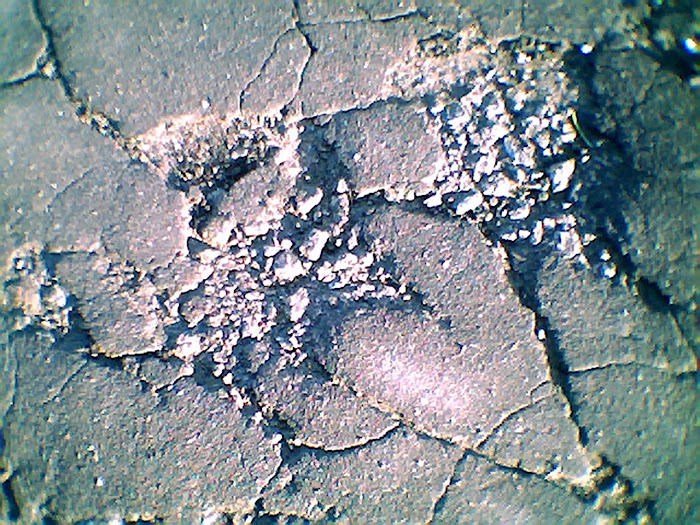
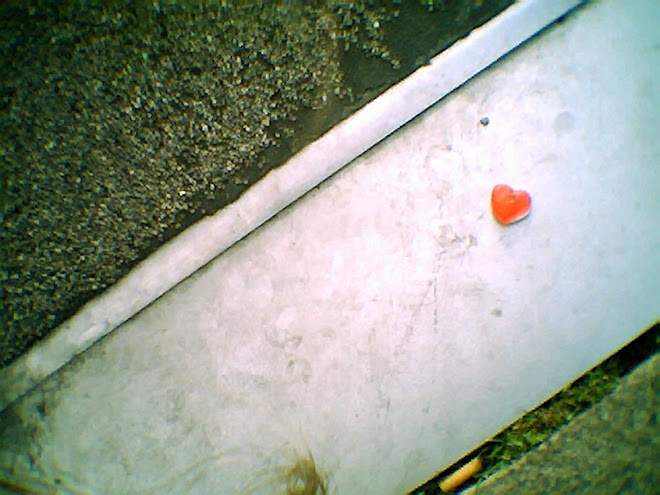

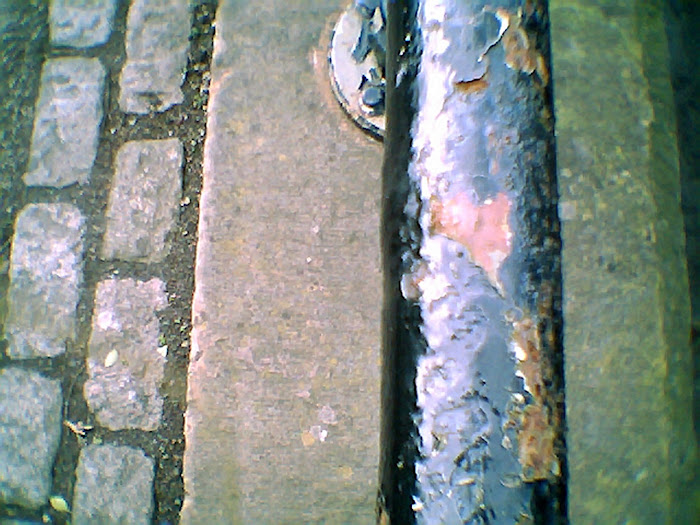
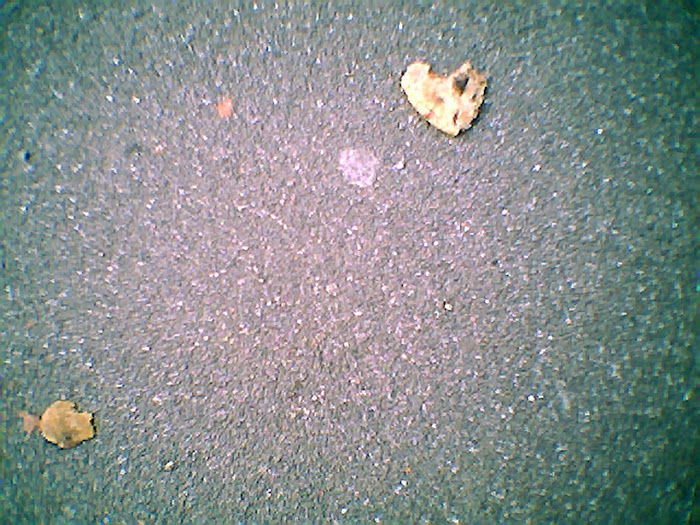
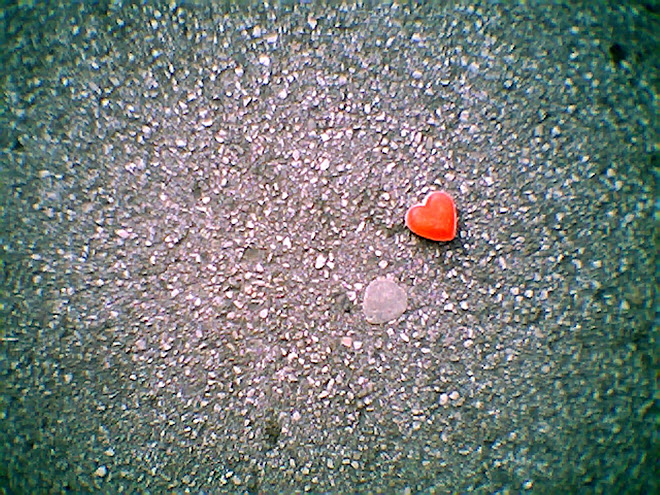
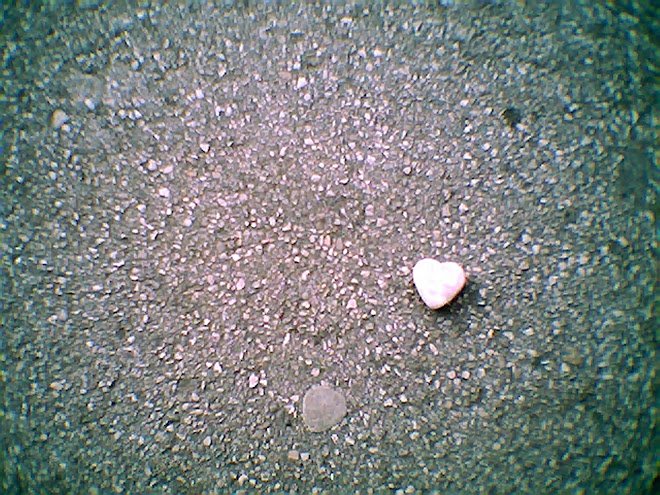

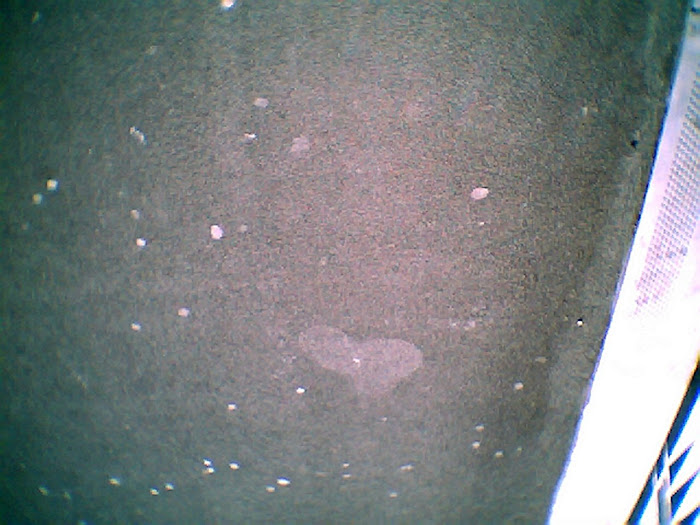
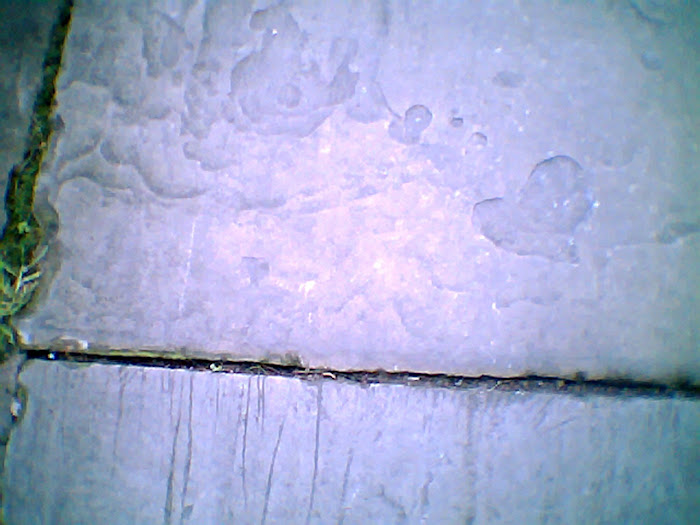
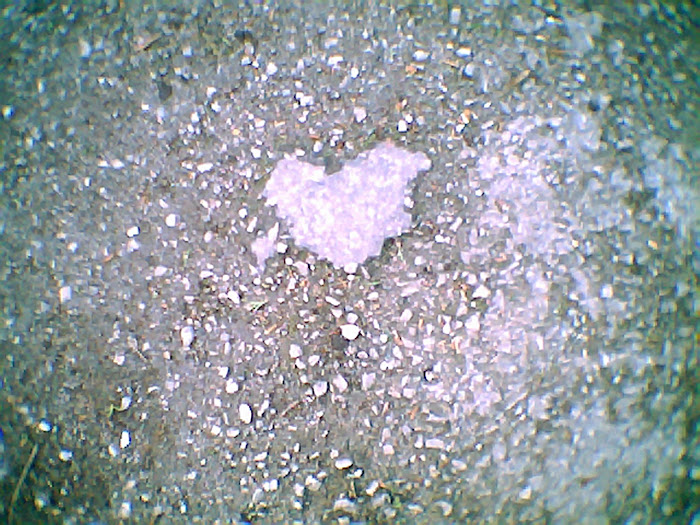
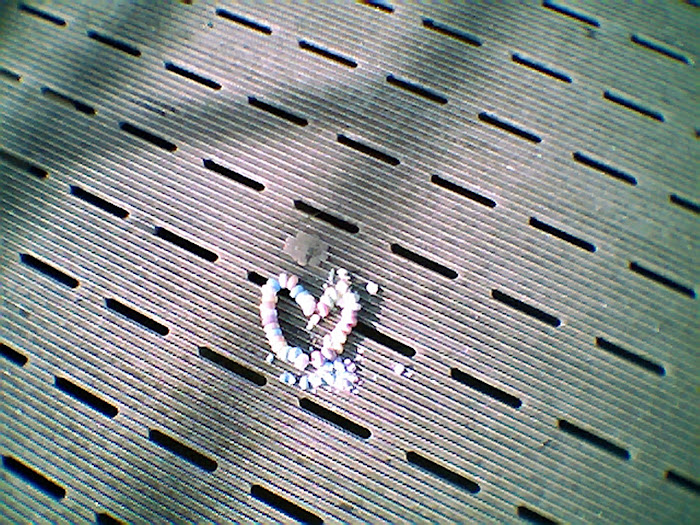
2 σχόλια:
bread is humble, bread is holly..
ωραίο κείμενο, καλημέρα:)
Καλησπέρα μάγισσα! Σ'ευχαριστώ, η ευγένεια με συγκινεί βαθειά, πιο πολύ από κάθε άλλη ανθρώπινη εκδήλωση ίσως, ιδιαίτερα η ανιδιοτελής ευγένεια των αγνώστων. Σου γράφω πασαλειμμένη με μια από τις φραουλογιαουρτοκαταστάσεις από τις συνταγές σου, διπλά ευχαριστώ λοιπόν!
Δημοσίευση σχολίου